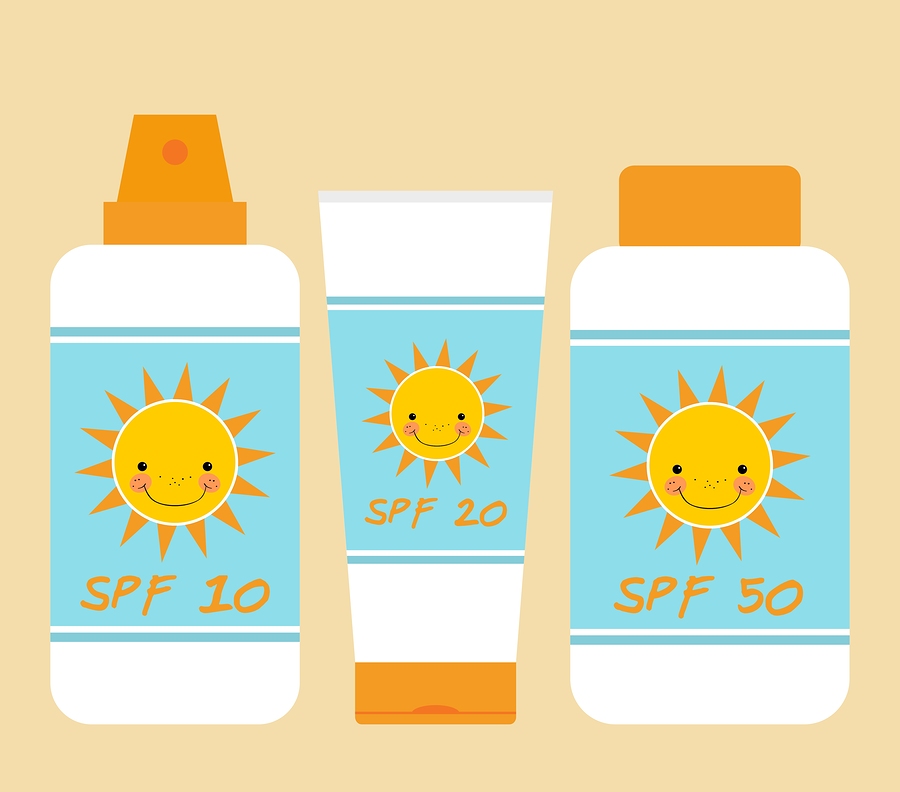Medicine is an ever changing topic. We are constantly learning new things that make us change our old recommendations. I’m sure to parents with multiple kids, it may seem frustrating to have been told one thing with your first child and then given a new piece of advice with the next. We promise we’re not trying to be wishy-washy, rather, we want to make sure we give you the best and most updated recommendations at all times! Sometimes doctors even need to update each other to make sure we are staying on top of new developments as well.
Regarding this, I read a great article in the Chicago Tribune back in early January (1/9/2015 to be exact) written by Danielle Braff detailing some of the newer pediatric recommendations out there. The article really did a good job of dispersing needed updates on important topics. So for this blog, I’d like to detail some of these recommendations for you if you haven’t already heard them at your child’s most recent doctor’s visit.
1. Children need to be in a rear-facing car seat until 2 years of age.
The old recommendation and Illinois law state that kids should be rear facing until they are one year old, but, we have found keeping kids rear facing as long as possible is the safest thing to do. Make sure that your child is within the limits for their car seat’s height and weight restrictions in addition to following this prolonged rear-facing rule.
2. There are little to no food restrictions when starting your baby on foods at 6 months of age.
There are two new recommendations here: the first is to start solid foods at six months of age instead of at four months like you might have previously heard. This decreases the risk of multiple infections and makes sure your baby is developmentally ready to swallow thicker foods as well. Secondly, you don’t have to start with just cereal anymore – fruits, veggies, even meats are OK as long as they are pureed and given one ingredient at a time. In addition, there is no need to wait to offer allergenic foods (like peanut butter, eggs, strawberries, etc) – as long as the food isn’t a choking hazard, feel free to offer it! Please make sure to offer one ingredient at a time and wait two to three days before introducing a new ingredient. That way, in case there is a reaction to a food, we know what it is from. Lastly, still no honey should be offered until one year of age.
3. As soon as your child has teeth, you can brush them twice a day with fluoride toothpaste.
We used to say that young children shouldn’t have fluoride in their toothpaste for risk of overdosing on the fluoride since they don’t know how to spit. The thing is, you would have to consume A LOT of fluoride for that to happen. Infants three years and younger should have a grain of rice size amount of toothpaste. Children older than three can have a pea-sized amount. Speaking of dental hygiene, pregnant women can and should continue to get dental work during their pregnancy – it is safe and highly recommended to keep your oral cavity clean and free of germs that may travel to the rest of the body.
4. You can use tap water to mix formula and to offer your child to drink.
We used to say that bottled water or nursery water was the better water to use for babies. Now, though, the recommendation is that tap water is safe to use – and better because of the fluoride found in it. The only exception to this rule may be if you are on well water. Then you should have your water tested to make sure it has safe amounts of minerals for your child to consume. If you aren’t sure, you can always boil your tap water and wait for it to cool before using it for your child. Remember, free water shouldn’t be given to babies until they are six months old unless your pediatrician suggests it.
5. Picky eaters may always be picky, so make sure you start them right with a healthy variety of foods in infancy.
New research has told us that many children don’t outgrow their picky eating habits that they develop in the toddler years. For this reason, it is especially important to start your children eating a healthy variety of foods. When kids don’t have these healthy fruits, vegetables, meats and starches as babies or young infants, it is less likely they’ll like them as older kids. It can take kids multiple attempts to like a food – so keep trying! Sometimes it can take 12 to 20 times of tasting a food before we know for sure they don’t like it. Wait a couple weeks, and then go for it again!
I hope this has helped clear up some of the new recommendations in the childhood years. As always, make sure to talk to your pediatrician if you aren’t sure if something is right for you, your child or your family. Cheers!







